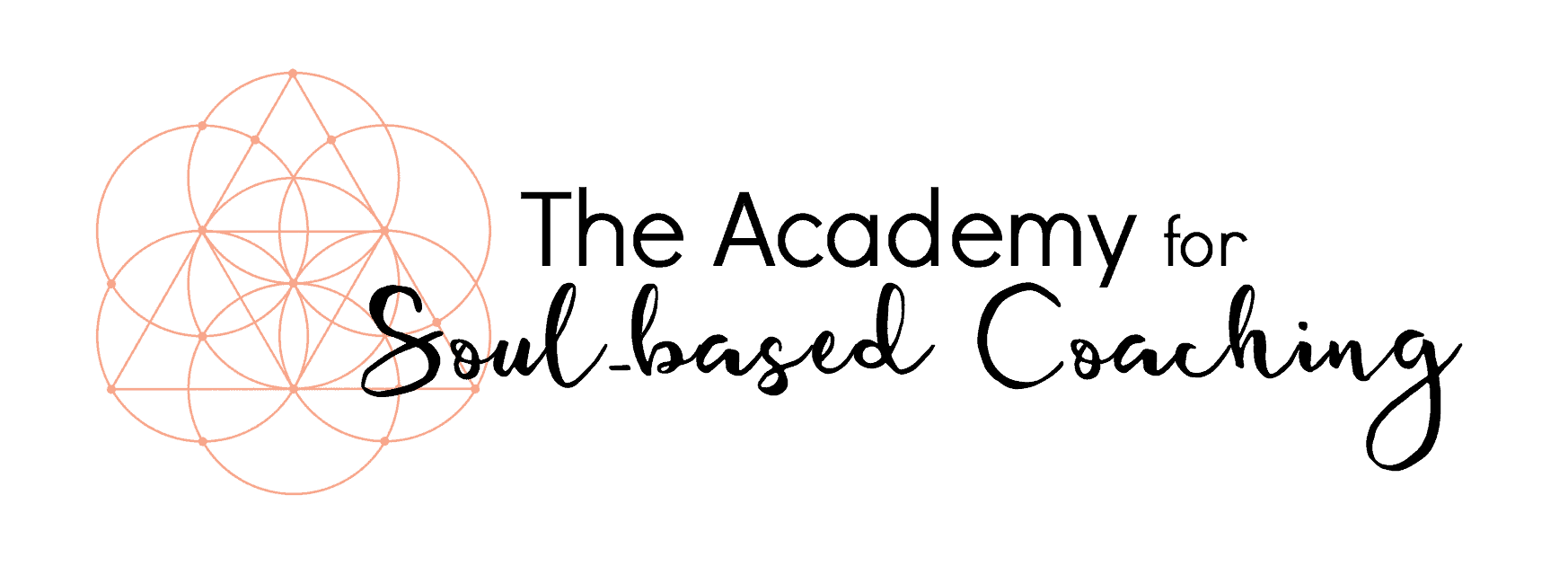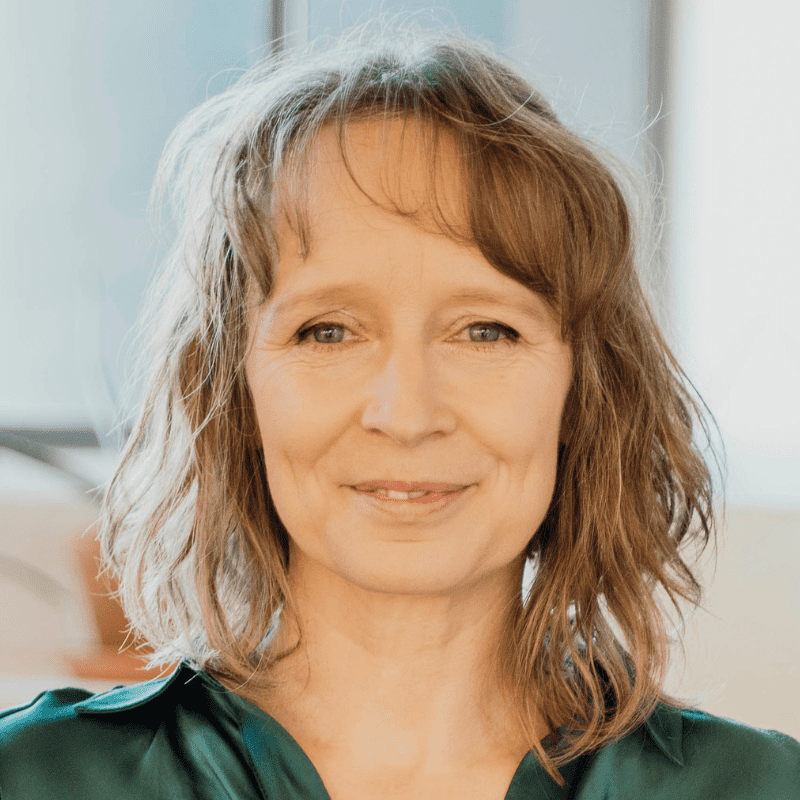This is the second post in a series where we focus on commonly used coaching questions and habits, that have unintended side effects. They end up not serving the people that you work with, but unfortunately get in the way. And of course we look at what you can do instead, to help people make the changes they want to make in life.
Today we look at a curious thing.
When you look around, on the news, in magazines, on Social Media, but also in the conversations that people have at work and with friends ~ have you noticed what people focus on?
Very often the conversation goes straight to what people don’t like. Too what is hard and what they struggle with. To what is wrong (with the world, their kids’ teacher, the restaurant around the corner). You will be surprised when you start paying attention.
People have a deeply ingrained habit to focus on problems. They are addicted to thinking about them, talking about them and wrestling with them.
And that is even true for a lot of coaches. They can’t really help it, because we are all trained to do this.
Not focussing on problems means you have to step out of the collective trance, and it requires conscious attention.
(Spoiler alert: it is great to focus on what you would like to see different – but there is a subtle but very important difference there.)
Why do coaches suffer from problem addiction?
The short answer is, that most coaches believe this is what they are here for: Find the client’s problem, so it can be solved. But is that actually true? We will come back to this cliffhanger in a moment.
Because see what we are doing here? We start looking at the topic of problem addiction, by finding an explanation. Having an explanation soothes our brain, our senses. If we can’t understand something, it means it can potentially come out to get us. Or so our survival genes think. It was best to know that the broken leg of our caveman friend (which might kill him), came from stepping to close to the edge of the ravine. There is important knowledge in understanding why bad things happen. This way they might be avoided in the future. A great survival strategy, but not one that helps us go beyond surviving.
To really appreciate the depth of this, you have to realise that our explanations of ourselves or each other are only a ‘best guess’. No matter how convinced we are of their truth. Our world ~ and human beings ~ are so complex that there isn’t just one cause-and-effect link. On top of that, we think we can explain why we do things. But depending on what research you believe, 70% or more of what we do comes from our subconscious. Which by definition means we are not aware of it.
There is no way of knowing if our explanations are ‘true’ and in line with the full picture. So, we often delude ourselves with the explanations that we buy into. Which makes figuring them out mostly a waste of time. Even when a clever coach tells their client: “this is why you keep doing x” – it doesn’t make it true. And if it isn’t true, it is not necessarily helpful for the client to make the changes that they want to make.
And lastly, the biggest reason for the soaring numbers of problem addicts, is just that it is a habit. A habit in the way we think, and how we direct our attention.
A habit that is not serving us – or the people we work with – at all. Let’s look at why not.
What are the unintended side-effects of problem addiction?
The first one was already mentioned: our ideas about what caused our problems never offers the full picture of why things actually happened, because a lot of the causes operate outside of our conscious awareness.
We spent an astounding amount of time and energy trying to work out what exactly the problem is, and how it came to be. Analysing and attaching imagined meaning, and then dreaming up the action plan to counteract the problem. What if we don’t need to waste that time and energy? What if we get to what actually will make a lasting change quickly?
Einstein said: “A problem can’t be solved in the same state of consciousness it was created”. So looking into our own minds for the root of problems and their solutions has serious limitations. And when you ask a good coach? They come from a different state of consciousness, the one that is uniquely theirs. But is doesn’t mean what they come up with will fit your body/mind/soul system’s needs. It can only ever cover a part of what is essential, by nature.
When we drill into problems, we imagine that it is going to give us more control, and help us. The funny thing is, it doesn’t. You may know that what you pay attention to grows. Suppose someone talks about how draining their relationship is. Examining the ‘draining’, and what causes it, is going to enforce the physical, mental and emotional experience of that draining. It does not help to open the portals to more resourceful ideas, insights and strategies.
On top of this, because the experience of the problem is enforced, the urge to jump to conclusions about possible solutions is also triggered. It is hard to stay with the emotional pressure of a problem. So, we easily think: “let’s get out of here, how do I fix this?”. And then we miss key information and go out of connection with the client’s soul-knowing that is available in the moment. And this is something coaches very often do. They rush their clients to jump to solutions, missing so much of what a client’s body/mind/soul system wants to happen.
Paying attention to problems, to educate ourselves about what actually happened and what the tangible effects are, is very wise and part of a valid survival strategy. But in itself, it is not a strategy to thrive or help experience people more of what they want.
So, time to look at what can you can do instead!
The first thing is to realise that your role, when you want to help someone, is NOT about solving problems, but helping them to get more of what they want. And this is a fundamental difference.
Now I can hear you ask: but how can I help them do that, if we don’t look at the problem?
Well, you can do this with what we call: Desired Outcome attention*. We help people focus on what they do want, given the problems they are experiencing. Let me show you how, and what happens when you do:
You start by acknowledging someone’s experience of their problem. No matter what you think of it, or feel about it. (No reframes – because they invalidate the current experience, and therefore, your client.) The most powerful way to acknowledge someone’s problem, is to listen well, and repeat their words for what they are experiencing.
[Try it, it requires a very different kind of attention than we normally have – and it’s very worthwhile to practice.]
Then, you ask: And when you (repeat the essence of their problem, in their own words), what would you like to have happen?
And you listen carefully to the answer:
- Are they talking about what they don’t want?
- Are they talking about what they want to get away from/ want less of?
- Are they talking about what they want more of?
Only in the last kind of answer, will you – and they – find the doorways to resourcefulness.*
So this is where you want to start. When you get this kind of answer, help them tap into their deepest knowing, and help them create a living image of what they do want, and what that will look like, taste like, feel like. Doing this activates and creates the neural pathways that correspond with having that experience in the moment. They will start experiencing the change they want to see in their lives in the moment.
Surprisingly, very often, this in itself is enough for big changes to start happening within them, and in their lives.
Of course it doesn’t always deal with all the problem-aspects that need to be sorted. In Soul-based Coaching, we have a very specific approach to weave these aspects in. But the key thing here is that we do not start with the problem aspects.
From Problem Addiction to Desired Outcome attention
We first help them build their desired outcome, so that it becomes a living, breathing experience. And then we look at the things that might get in the way. And proportionally, weaving in these problem parts is only a small part of the overall process. We also don’t analyse what these aspects are up front, because our client’s body/mind/soul system will tell us when we get to this stage.
So in this sequence, we turn the problem-addiction on its head and foster a desired outcome orientation instead. And by doing that, the client themselves has created the changed state of consciousness from where solutions can come. And the solutions that a client comes up with for himself, are based in their deepest knowing, and those solutions are most powerful, and fit best. Not to mention that this is an incredibly empowering experience.
And there is a bonus when you kick the problem-addiction habit:
- You will not have to work so hard, because the client starts propelling themselves forward.
- No chance of ‘having to drag dead horses’ (I love our Dutch proverbs, and this one speaks for itself ;))
- No chance of ignoring a client’s own deepest knowing.
- No work required to make your brilliant insights understood or stick.
All in all, coaching requires a lot less energy and becomes a lot more powerful.
Ready to explore? Let us know how you get on!
* Desired Outcome orientation come from the work of Penny Tompkins and James Lawley, founders of Symbolic Modelling
** If you get a nr 1 or nr 2 kind of answer, you will want to repeat the step you took: acknowledge the essence of what they said in both answers (preferably in their words), and ask: and when you don’t want (first and second answer), what would you like to have happen? In a friendly and curious tone. And keep doing that until you get a nr 3 kind of answer. Helping people go through this for as long as it takes, is an incredibly valuable exercise in repatterning their attention to what is resourceful for them.



0 Comments